Sudden changes in weather make the respiratory mucosa drier, reducing the ability to filter dust and bacteria, creating conditions for respiratory diseases to flare up.
A typical case recently recorded is Ms. M. (45 years old), who has an allergic constitution but has stopped treatment on her own for many years. When the weather turns cold, she constantly coughs, has a stuffy nose, has difficulty breathing when exerting herself, and has to wake up many times during the night. When she went to the University of Medicine and Pharmacy Hospital in Ho Chi Minh City (UMP), she was diagnosed with asthma and allergic rhinitis, two diseases that often exist in parallel and affect each other. After being assessed for respiratory function, treated with a combination of asthma control drugs, anti-rhinitis drugs, and instructions to avoid allergens in the living environment, Ms. M.'s health quickly improved, significantly reducing her difficulty breathing and limiting the recurrence of symptoms during the cold season. This case shows that combined treatment of both the upper and lower airways is an important foundation to help patients control the disease effectively.
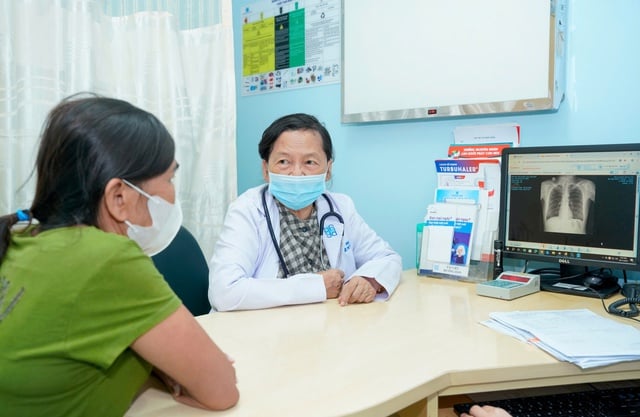
Associate Professor, Dr. Le Thi Tuyet Lan - Department of Respiratory Function Testing examines respiratory patients when the weather turns cold.
Associate Professor, Dr. Le Thi Tuyet Lan - Department of Respiratory Function Testing, University of Medicine and Pharmacy Hospital, said that changes in temperature and humidity directly affect the protective mechanism of the airways. Sudden cold causes the protective mucus layer of the mucosa to thin, creating conditions for viruses, bacteria and allergens to penetrate, leading to nasal congestion, cough, difficulty breathing or recurrence of bronchial asthma and allergic rhinitis. In addition, the airtight indoor environment in the cold season easily accumulates fine dust and mold, factors that often silently make respiratory diseases more persistent if not controlled.
At the same time, the doctor emphasized that many people underestimate symptoms such as persistent cough, morning nasal congestion or difficulty breathing when the weather changes. However, these can be early signs of diseases such as allergic rhinitis, asthma, chronic bronchitis or COPD. These diseases need to be detected and treated promptly to avoid complications. Measuring respiratory function, performing allergy tests and regular check-ups at specialized facilities help to accurately assess the level of impact of the weather on each individual, thereby building an appropriate disease control strategy.
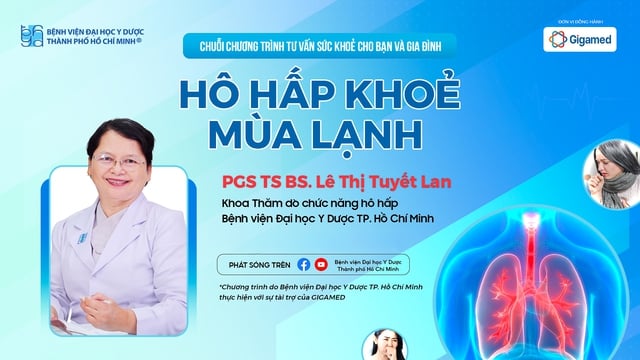
Cold season respiratory consultation program
The cold season is always a sensitive time for the respiratory tract. Understanding the disease mechanism, proactively preventing and early examination when there are abnormal signs will help patients reduce the risk of complications and improve their quality of life. In order to help the community recognize early signs of risk and proactively take care of their health during the cold season, Ho Chi Minh City University of Medicine and Pharmacy Hospital in collaboration with Gigamed Pharmaceutical Company Limited organized an online consultation program with the theme "Healthy breathing in the cold season". Follow the program at: https://bit.ly/Benhhohapmualanh
University of Medicine and Pharmacy Hospital, Ho Chi Minh City
Source: https://suckhoedoisong.vn/ho-hap-khoe-mua-lanh-bao-ve-duong-tho-dung-cach-cho-ca-gia-dinh-169251126163109762.htm



![[Photo] VinUni students' emotions are sublimated with "Homeland in the Heart: The Concert Film"](/_next/image?url=https%3A%2F%2Fvphoto.vietnam.vn%2Fthumb%2F1200x675%2Fvietnam%2Fresource%2FIMAGE%2F2025%2F11%2F26%2F1764174931822_10-3878-jpg.webp&w=3840&q=75)


![[Photo] Close-up of heavy damage at the school located on the banks of the Ban Thach River](/_next/image?url=https%3A%2F%2Fvphoto.vietnam.vn%2Fthumb%2F1200x675%2Fvietnam%2Fresource%2FIMAGE%2F2025%2F11%2F26%2F1764152130492_ndo_bl_img-8188-8805-jpg.webp&w=3840&q=75)


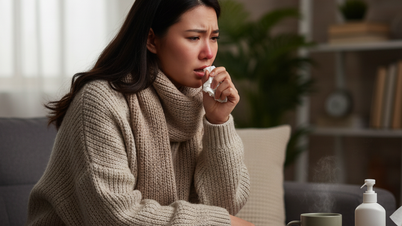

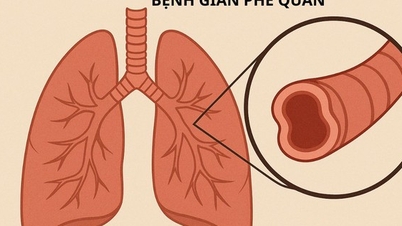

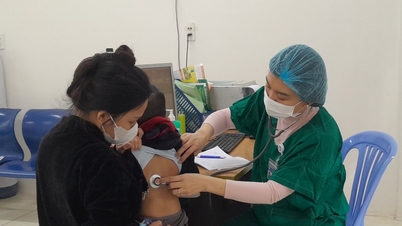

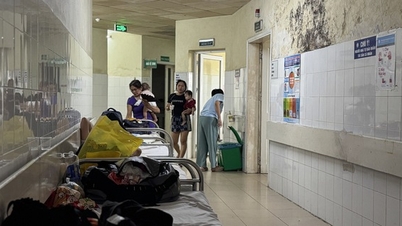













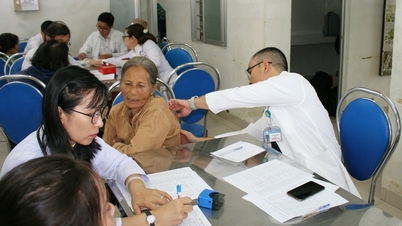


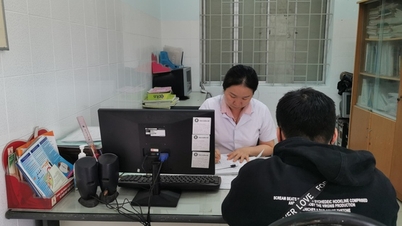
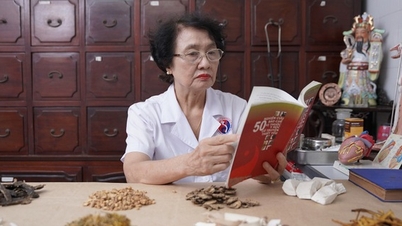

























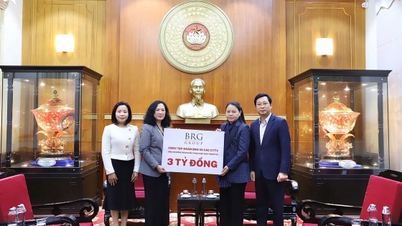











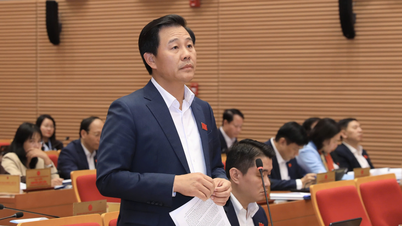
![[Photo] Opening of the 28th Session of the Hanoi People's Council](https://vphoto.vietnam.vn/thumb/402x226/vietnam/resource/IMAGE/2025/11/26/1764155991133_image.jpeg)
















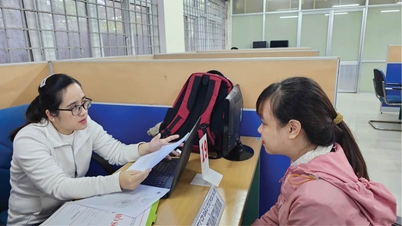














Comment (0)